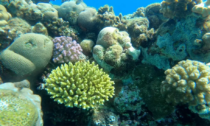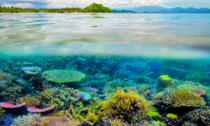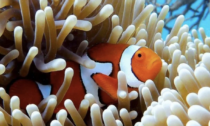
As Egypt hosts world leaders at COP27 to discuss action over climate change, an oil terminal is dumping toxic wastewater on the country’s Red Sea coast, an investigation by BBC News Arabic has found. A rare form of coral, that offers hope for preserving ocean life as the planet warms, could be a casualty. Leaked documents obtained by the BBC and non-profit journalism group SourceMaterial reveal that “produced water” from Egypt’s Ras Shukeir oil terminal is being dumped into the Red Sea every day.
The barely treated wastewater – which is brought to the surface during oil and gas drilling – contains high levels of toxins, oil and grease.
The documents, which were issued by the Gulf of Suez Petroleum Company (Gupco) in 2019 to try to hire a company to treat the water, say the pollution...
Read More












Social Profiles